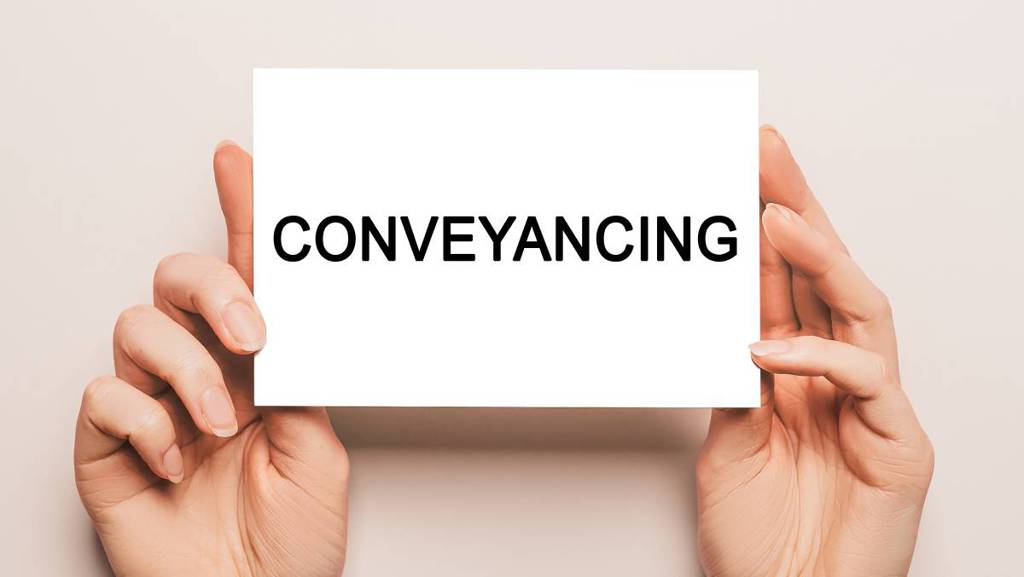
Ultimate Conveyancing Guide: Costs & Budgeting
Buying a house is an exciting milestone, but the process involves more than just finding your dream home. Conveyancing is an essential step that ensures the legal transfer of property ownership. In this comprehensive guide, we’ll delve into crucial aspects like the cheapest conveyancing options, conveyancing budgeting, who pays conveyancing fees, and conveyancing costs when buying a house. Let’s dive in and navigate the world of conveyancing with confidence.
Cheapest Conveyancing: Exploring Your Options
When it comes to conveyancing, finding affordable solutions is essential. There’s a range of options available, from DIY conveyancing to hiring professionals. DIY conveyancing involves handling the legal paperwork yourself, which can be risky if you’re not well-versed in property law. Opting for licensed conveyancers or solicitors offers expertise and peace of mind. Research local services, read reviews, and compare quotes to find the best budget conveyancing option that suits your needs.
Conveyancing on a Budget: Tips for Savings
Conveyancing costs can vary significantly, but there are ways to manage your budget effectively. Start by obtaining multiple quotes and comparing service packages. Consider whether fixed fees or a percentage-based structure works better for your situation. Negotiate when possible and be transparent about your budget constraints. Remember that while it’s crucial to find affordable options, prioritize quality and experience to ensure a smooth transaction.
Who Pays Conveyancing Fees: Buyer or Seller?
The allocation of conveyancing fees between the buyer and seller depends on various factors, including the terms of the sale and local conventions. Typically, the buyer covers the costs of their conveyancer or solicitor, property searches, and stamp duty. The seller is responsible for their conveyancer’s fees and providing necessary property information. To avoid confusion, discuss fee allocation upfront and include it in the sale agreement.
Conveyancing Costs When Buying a House: Breaking It Down
Understanding the components of conveyancing costs can help you plan your budget effectively. These costs include solicitor or conveyancer fees, property searches, land registry fees, stamp duty, and potential additional fees for leasehold properties. Solicitor fees cover legal work, while property searches reveal vital information about the property. Land registry fees ensure legal ownership transfer, and stamp duty varies based on property value.
Expert Insights: Navigating Conveyancing Challenges
To gain insights into common conveyancing challenges, we reached out to Jane Mitchell, a seasoned conveyancer with over 15 years of experience. According to Jane, “One of the most significant challenges buyers face is underestimating the time and costs involved. It’s crucial to plan ahead, obtain accurate quotes, and communicate openly with your conveyancer.”
FAQs About Conveyancing:
Q: Are online conveyancing services reliable?
Online conveyancing services can be reliable, but do your research to ensure they’re reputable. Read reviews, check for industry certifications, and ask about their communication methods.
Q: Can I negotiate conveyancing fees?
Absolutely. Don’t hesitate to negotiate fees with your chosen conveyancer. Many are open to adjusting their pricing to accommodate your budget.
Q: What’s the role of a conveyancer?
A conveyancer handles the legal aspects of property transfer, including searches, paperwork, and ensuring the transaction meets legal requirements.
Q: How long does conveyancing take?
The timeline varies, but it typically takes 8-12 weeks. Delays can occur due to various factors, so staying in touch with your conveyancer is crucial.
Q: Is stamp duty the same everywhere?
Stamp duty rates vary by location and property value. Check your local regulations or consult your conveyancer to determine the exact amount.
Q: Can I do my own conveyancing to save money?
While possible, DIY conveyancing can be risky due to complex legal procedures. It’s recommended to enlist professional help, especially for first-time buyers.
Navigating conveyancing might seem complex, but armed with the right information, you can make confident decisions. From exploring the cheapest conveyancing options to understanding who pays conveyancing fees and managing conveyancing costs when buying a house, you’re now equipped to embark on your property journey. Remember to prioritize both affordability and expertise, ensuring a seamless and successful property transaction.
This is general advice only, for specific legal advice speak with your expert legal representative.


